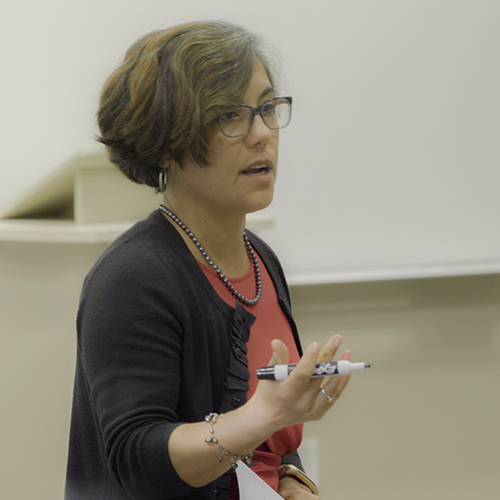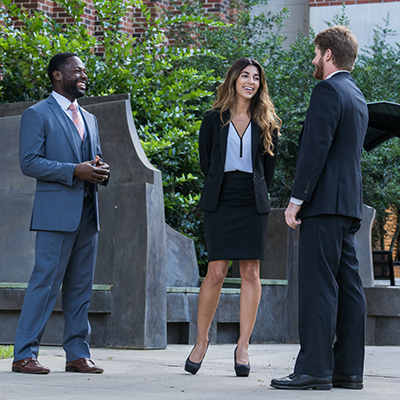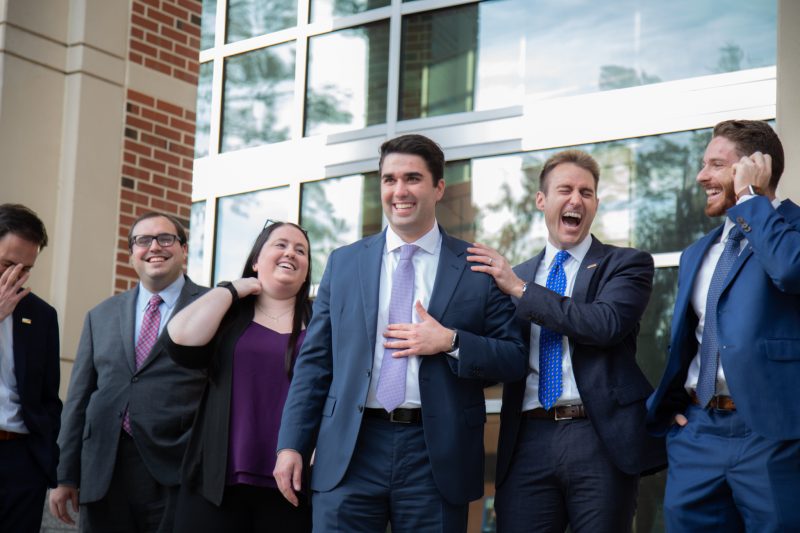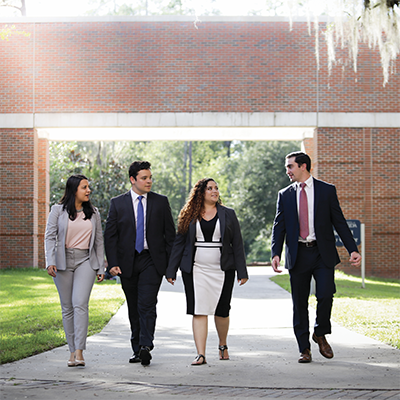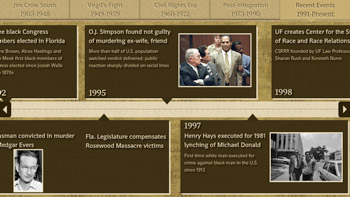- Homepage
- Areas of Study
- Experiential Learning
- Clinics and Field Placements
- Virgil D. Hawkins Story
Virgil D. Hawkins Story
- Trusts & Estates Law
- Real Estate Practice: Small Transactional Practice
- Real Estate Practice: Land Development Practice
- Labor and Employment Law
- International and Comparative Law: Human Rights
- International and Comparative Law: Business
- Intellectual Property
- Family Law
- Environmental & Land Use Law
- Entrepreneurship & Law
- Entertainment & Sports Law Roadmap
- Criminal Law & Procedure
- Corporate Transactional Practice
- Commercial / Bankruptcy Law
- Civil Litigation/Appellate Practice
- Business Law
- 2L Courses
- 1L Courses
- Roadmap Terminology
Paving the Way for Equal Rights
In April 1949, Virgil D. Hawkins, the director of public relations for Bethune Cookman College, applied for admission to the University of Florida College of Law. He was academically eligible and possessed appropriate life experience qualifications. For nine years Hawkins and his allies would fight Florida’s Jim Crow laws, which racially segregated its state universities, until they were ultimately victorious in the U.S. Supreme Court.
Unequal Protection
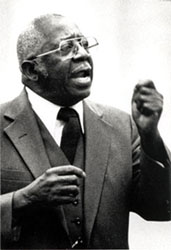
“All Deliberate Speed”
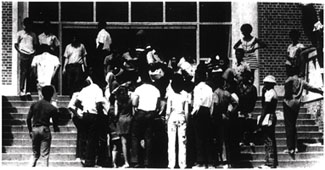
Sacrifice Leads to Integration
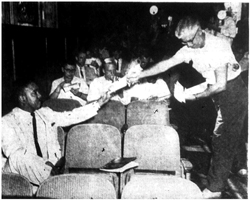
Progress at UF
The 1960s were an era of change and instability but also of great progress. This eventful decade included the March on Washington, JFK’s assassination, 16th Street Baptist Church bombing, the Civil Rights Act of 1964 and the desegregation of Alachua County public schools. In 1965, the Center for African Studies was established at UF. In 1968, the Black Student Union was established at UF.
In 1969, Spencer Boyer was hired as a visiting professor and became the first African-American to teach at UF Law, but he and his family left abruptly after receiving threats. Also in 1969, the African American Studies Program began at UF.
Stephan P. Mickle became the second African-American to graduate from UF Law in 1970. Mickle went on to become the first African-American to establish a law practice in Gainesville and ultimately became a federal judge. The 1970s student protests against UF admissions policies based on race paved the way for UF’s first affirmative action policy after one-third of African-American students left the university. Since then, UF has established itself as a racially diverse institution, with the Center for the Study of Race and Race Relations established at the law school dedicated to the continued study and discussion of difficult race-related issues.

